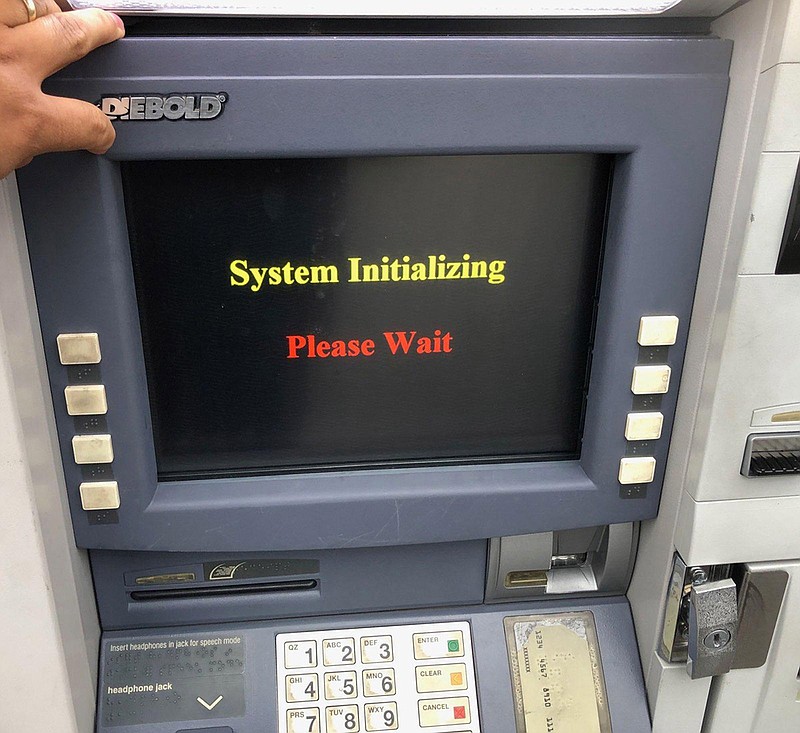I vaguely recall a column about how to protect our identity while on vacation. Can you refresh my memory? – Ted Travel
Dear Mr. Travel: You're correct about the several-years-ago column; however, let me re-visit the topic with relevant updates, compliments of www.aarp.org.
Most of you recall my columns and speeches primarily feature the ever-present threat of Identity theft - a growing problem worldwide, especially for travelers. These vulnerable folks mostly carry extensive, personal documentation with them at all times, share their credit cards with merchants about whom they know nothing and whom they'll never see again, and generally remain innocent tourists until danger (ID theft) strikes. My motto of better safe than sorry applies to today's advice, some of which I'm iterating and some of it new for our times.
1. Do as I do and alert the credit card providers - the cards you're taking - of the dates gone. Not only does this help to stop fraudulent charges if the cards are used where you're not visiting but, also, they won't be frozen when you're so far from your normal charging area.
2. Stop the mail and newspapers. Obviously, you can ask a neighbor to pick these up and save them; however, it's so much more convenient simply to stop them coming for that period of time. And please don't tell everyone that you're leaving, and definitely don't post on social networking sites, either. (Along with this same advice, note that while vacation photos on Facebook are fun to view, they certainly shout out to potential intruders that your house is empty.)
3. Clean out your wallet/billfold. Better yet, ditch the one you likely carry and switch to a RFID-blocking wallet. One or two credit cards are sufficient to take, as well as your license, insurance information, and passport (if traveling out-of-the-country). Be sure these important items are kept close to your body, preferably in a security purse, belt, buttoned pants pocket (not at the hip) or a hidden money pouch. You shouldn't need to carry your checkbook at all. Be mindful of your passport when you're in a crowded area. Pickpockets take advantage of confused crowds and packed spaces, such as concerts or crowded marketplaces so make sure your documents are secure. (Do pare down your wallet or purse even more before venturing out to these places.) Don't leave passports and important documents in your room, although most hotels these days maintain room safes for our protection. If not, keep them in a locked suitcase.
4. It wouldn't hurt to carry a "throw-away" wallet with a few dollars and an expired credit card. If you're approached by a robber, you can throw this down and run.
5. Be careful of ATMs. It's safer to get money from bank lobbies. Not only are they less likely to be robbed because of camera surveillance and security guards, but also there's less chance of thieves attaching skimmers (those more and more prevalent illegal devices that "skim" to steal your financial info) to the machines.
6. Watch out for hotel computers. Never access any financial data on public computers or public Wi-Fi networks.
7. Check in on your finances when traveling. While it's a bad idea to stay signed in to your financial apps and accounts while on vacation, that doesn't mean you can't use them. In fact, it's a good idea to check to see if there are any suspicious purchases on your account during your trip. You can also set alerts and notifications from banks and credit card companies to help protect your identity while you travel.
Contact Ellen Phillips at consumerwatch@timesfreepress.com.

